|
You have some interesting tidbits about past family members, but not enough information to tell a good story? I think I can help you out with this. Read on! In a previous blog, I told you about a great website that has suggestions for how to write an ancestor story. I've included the website at the end of this blog. One of the things they suggest is to pick out ONE ancestor and ONE story to tell. Don't try to write about all your ancestors, and even when you pick out just one interesting ancestor, don't try to tell their WHOLE story. But I love their advice: one ancestor, one story. I loved sitting with my mother when she was still alive, and reminiscing about our youths and childhoods. But I also liked hearing about grandparents (her parents) whom I barely knew. I savored everything she told me. One story that I loved and always wanted to tell was about my great-great grandfather. Mother told me he had been in the Civil War. The information I found so fascinating was that, when the war was over, he had to walk home, and on his way back to Texas, he spent some time in Arkansas. There he met his wife, married, and eventually brought her to Texas. I loved that story! But that was all I knew--those few sketchy details. Getting more details! I know it sounds ridiculous, but I was fascinated that the man had to walk home. All the way to Texas. He didn't take the train? I grew up in the 1950's and '60's, and had seen my fill of TV westerns--no stagecoach for him to get a ride? He didn't ride home on a horse? Of course the answer is "no," to all these questions. Those Confederate soldiers walked home. They had a difficult life on the front lines of battle, they had a difficult time getting home, and Reconstruction brought its own set of pain and heartache. I want my children and grandchildren to know this story. To know what their ancestors had to endure. So it was off to the library for me! What I discovered! First of all, the Union soldiers had a little easier time of it. Not easy you realize, just easier. After all, they won the war, and they had a government in place. There was a system to address the mustering-out of Union soldiers. They stayed with their units until they got word to travel to various cities to be mustered out, usually Cincinnati or New York City. And travel included returning to those cities where they had mustered-in, usually via train or water transportation. There they would receive their papers and a paycheck. Then they could return home. Confederate soldiers~ Confederate soldiers didn't have it like that. No official mustering out. No lining up to get paid. No money to travel home by boat or coach. Mostly just that long walk home. If calvary soldiers could prove they had brought their own horse, or had been in the calvary and provided a horse, oftentimes they were allowed to keep the animal. And it's important to remember, they had no government to help out. The Confederacy of America no longer existed. And the U.S. government felt no obligation to help out these soldiers. They simply turned in their weapons, received their parole and walked home. This photo I copied from the book, Civil War Journal, The Legacies edited by William C. Davis, Brain C. Pohanka and Don Troiani. It's a great reference book on this war. And that's a story I want to tell. I can imagine after the war, these men walked home along dusty country roads, either alone or in groups. I'm sure they often stopped in little towns or small farms and looked for work. Perhaps their only pay was to sleep in their barn and get 2-3 meals a day from generous farmers. I'm guessing that's where my great-great grandfather met his wife. This story with these details is one I want to write for my kids. And that's it! Just flesh out any story you have with some historical background. Do you have an ancestor that was in World War I? Make that trip to the library like I did, and get some background on that war. Have a great-grandparent that lived through the Great Depression? Again, spend an afternoon in your public library! It's fun poring through those big volumes and visiting with the librarians. And speaking of the librarians, one sweet lady told me about a library not far from my home that has a great Confederate soldier research center. I plan to visit! I just believe telling stories of ancestors is important to our children and grandchildren. They need to know they come from "good stock," and that their forefathers and mothers were strong people and endured many hardships, but came through it all. Now that's a story to tell! References:
And the website with tips on writing your own ancestor story: www.familyhistorywritingstudio.com/how-to-write-your-first-ancestor-story/ "Individually, every grain of sand brushing against my hands represents a story, an experience, and a block for me to build upon for the next generation." Raquel Cepeda And this quote from previous blogs about writing about your ancestors...I just love it: "You are the fairy tale told by your ancestors." Toba Beta
0 Comments
Leave a Reply. |
AuthorRetired school teacher and now full time grandmother sharing ideas and looking for new ones about grandparenting! Archives
December 2023
Categories
All
|
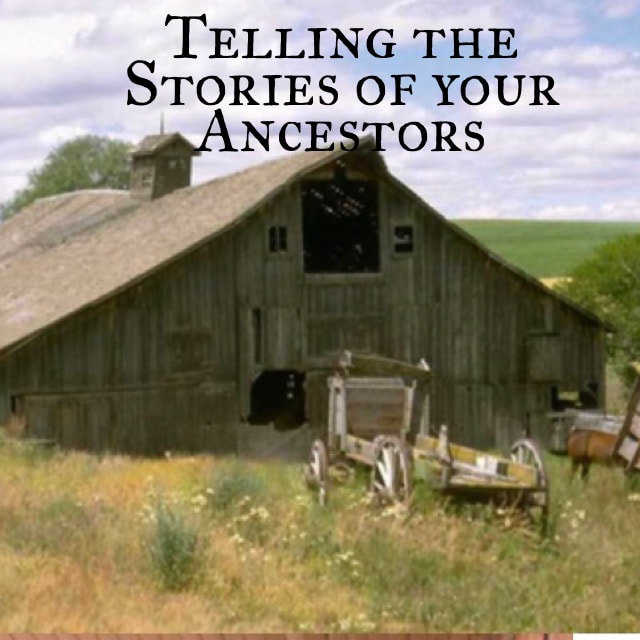
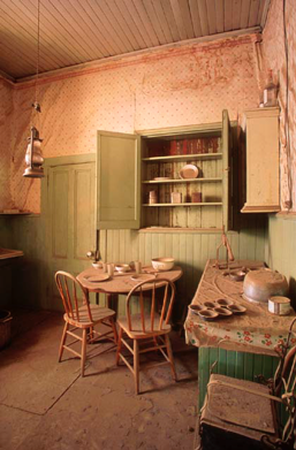
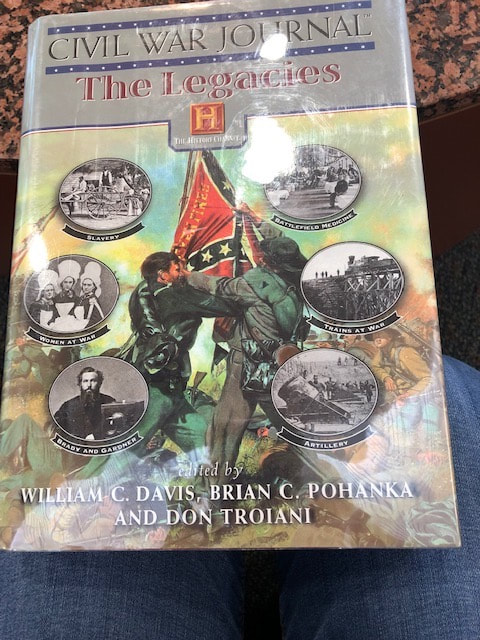
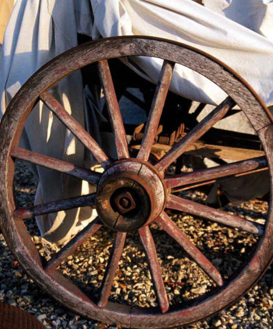
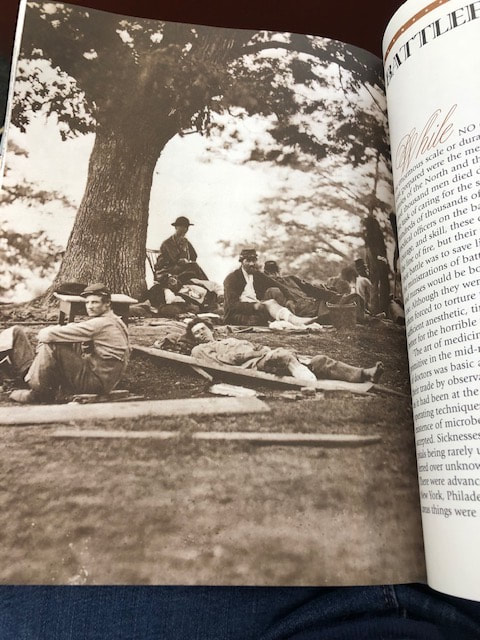
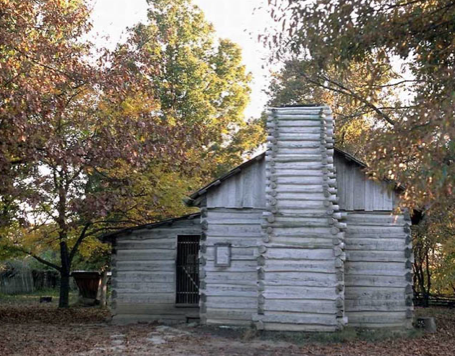
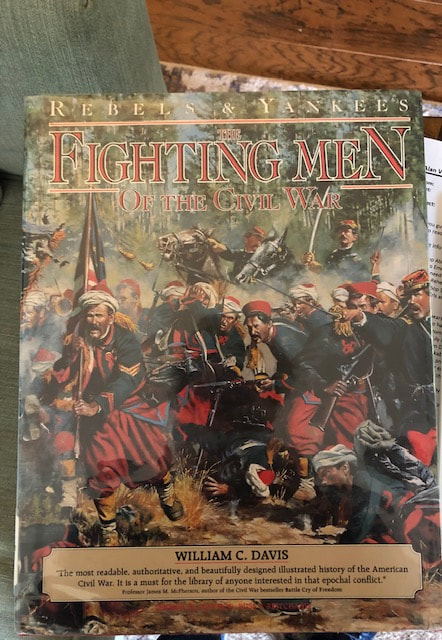
 RSS Feed
RSS Feed